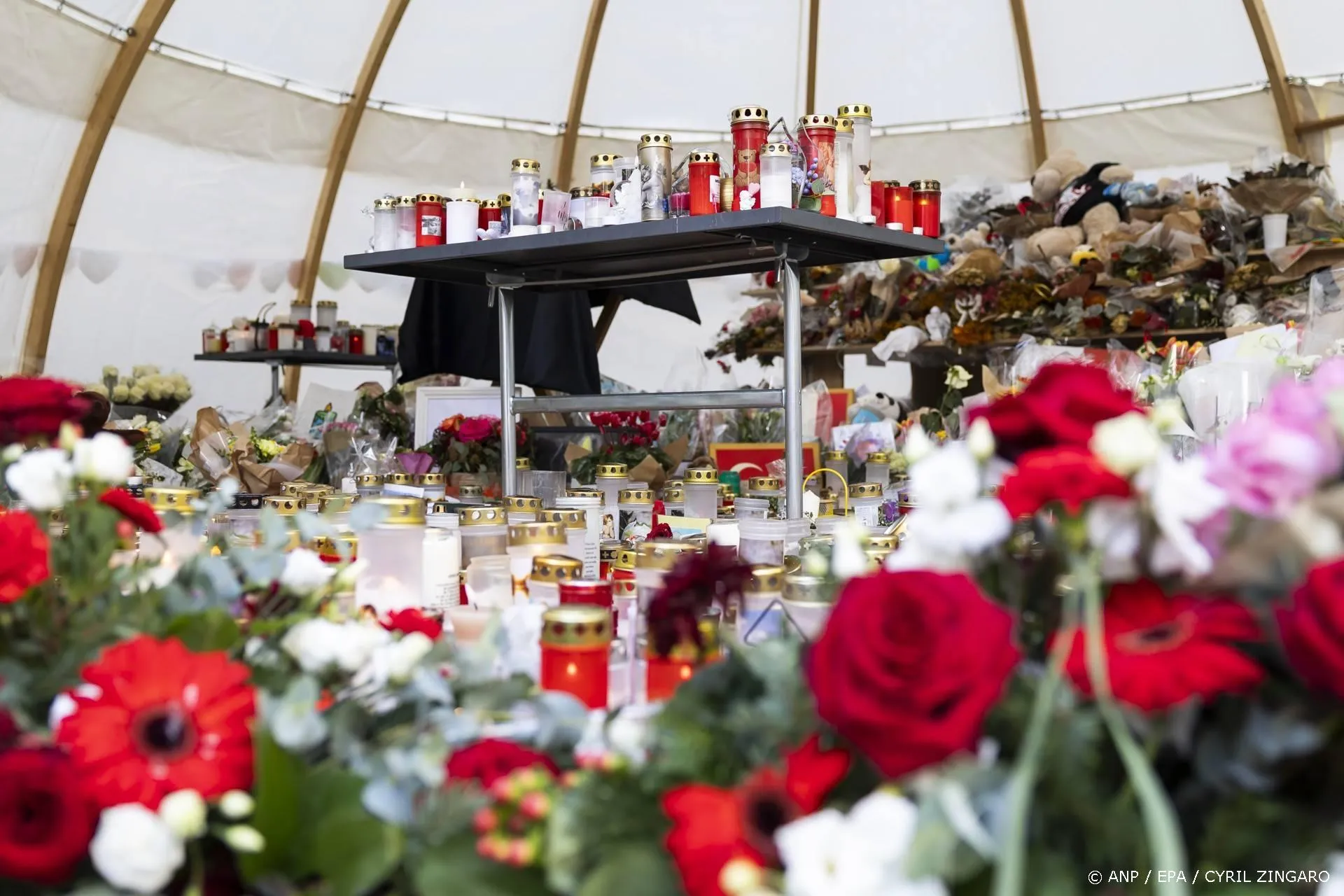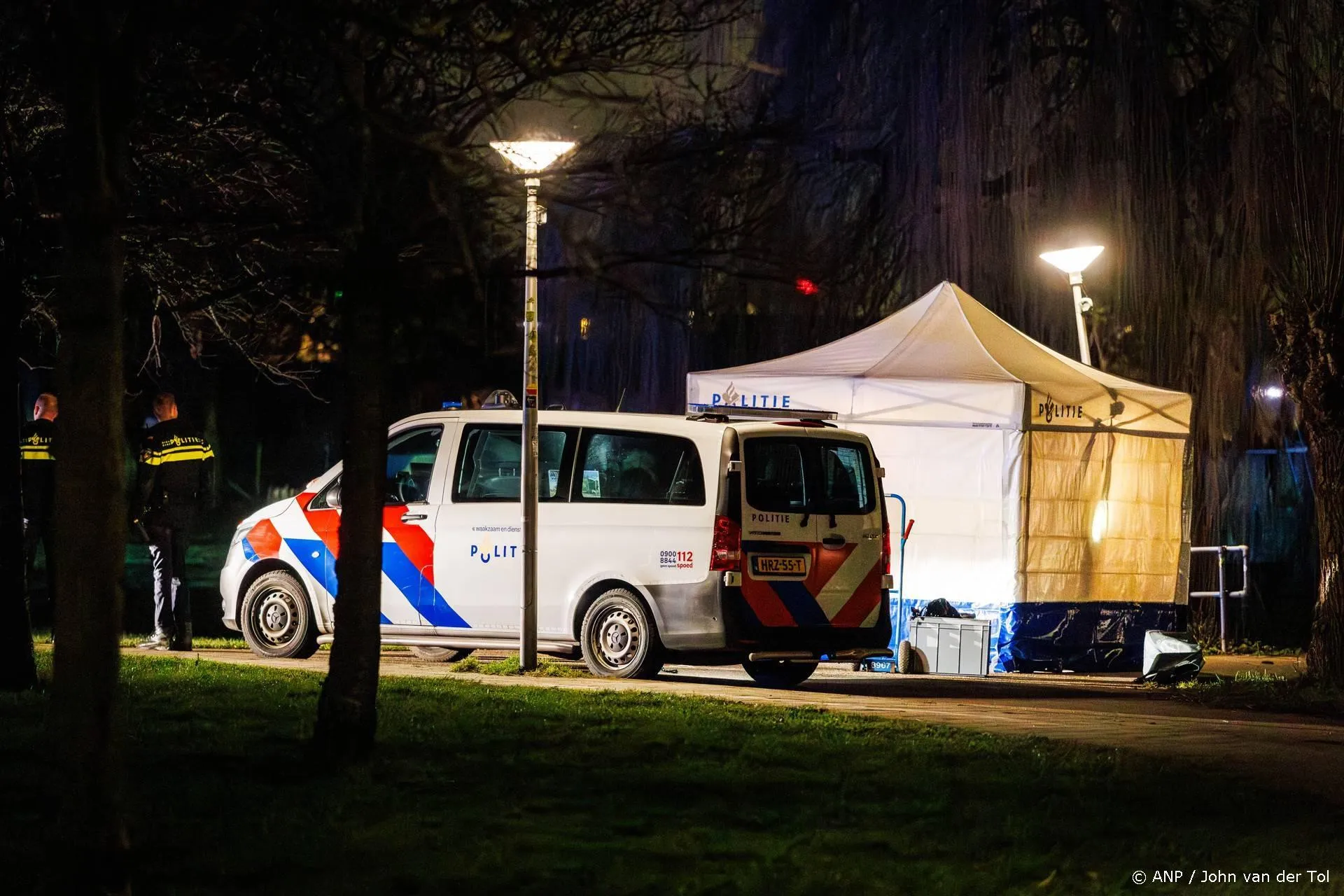Een grote ijstijd op komst?
Ik heb in het verleden regelmatig aandacht geschonken aan wetenschappers, vooral astronomen, die over enkele jaren een omslag naar een nieuwe kleine ijstijd verwachten, die weer door opwarming zal worden gevolgd. Maar het is opvallend dat er de laatste tijd weer berichten verschijnen over de mogelijke komst van een grote ijstijd, zoals de media dat ook in de jaren zeventig rapporteerden. Zie hier en hier. Wat de tijdshorizon betreft wordt dan soms zo'n 1500 jaar genoemd. Dus dat maken wij niet meer mee.
In de Wallstreet Journal heeft Matt Ridley daaraan onlangs een artikel gewijd. Op de website van de 'Rational Optimist' heeft hij daar ook de bijbehorende grafieken bijgezet.
Hij schrijft:
The entire 10,000-year history of civilization has happened in an unusually warm interlude in the Earth's recent history. Over the past million years, it has been as warm as this or warmer for less than 10% of the time, during 11 brief episodes known as interglacial periods.
One theory holds that agriculture and dense settlement were impossible in the volatile, generally dry and carbon-dioxide-starved climates of the ice age, when crop plants would have grown more slowly and unpredictably even in warmer regions. This warm spell is already 11,600 years old, and it must surely, in the normal course of things, come to an end.
In the early 1970s, after two decades of slight cooling, many scientists were convinced that the moment was at hand. They were "increasingly apprehensive, for the weather aberrations they are studying may be the harbinger of another ice age," said Time in 1974. The "almost unanimous" view of meteorologists was that the cooling trend would "reduce agricultural productivity for the rest of the century," and "the resulting famines could be catastrophic," said Newsweek in 1975. Since then, of course, warmth has returned, probably driven at least partly by man-made carbon-dioxide emissions.
A new paper, from universities in Cambridge, London and Florida, drew headlines last week for arguing that these emissions may avert the return of the ice age. Less noticed was the fact that the authors, by analogy with a previous warm spell 780,000 years ago that's a "dead ringer" for our own, expect the next ice age to start "within about 1,500 years." Hardly the day after tomorrow.
Hij vervolgt dan met met een beschouwing van het patroon van het temperatuurverloop voorafgaande aan een grote ijstijd en vergelijkt dat met het huidige patroon.
Hij concludeert:
An erratic decline in temperature followed,with Minoan, Roman and Medieval warm periods peaking at successively lower temperatures, culminating in the exceptionally cool centuries of the "Little Ice Age" between 1550 and 1850, when glaciers advanced all over the world. In the Greenland ice cores, these centuries stand out as the longest and most consistent cold spell of the current interglacial. In other words, our own interglacial period has followed previous ones in having an abrupt beginning and a sharp peak, followed by slow cooling. The question is whether recent warming is a temporary blip before the expected drift into glacial conditions, or whether humankind's impact on the atmosphere has now reversed the cooling trend.
Lees verder hier
Ik moest bij dat alles weer denken aan de uitspraak van de Nederlandse geoloog Salle Kroonenberg (hier op video, met dank aan de NOS): 'De huidige opwarming is als een infuus voor een terminale patiënt.'
Aanhangers van de menselijke broeikashypothese (AGW= Anthropogenic Global Warming) verwijten de antagonisten vaak dat zij twijfel zaaien. En voor de ware broeikasgelovigen is dat natuurlijk een doodzonde. Jean-Paul van Soest (hier op audio, met dank aan de EO) vergelijkt hun activiteiten zelfs met sabotage. Salle Kroonenberg denkt daar anders over, getuige zijn prachtige uitspraak: 'Twijfel zaaien is inzicht oogsten.'
Laten we ondertussen onze zegeningen tellen.
Ga verder met lezen
Dit vind je misschien ook leuk
Laat mensen jouw mening weten
Lees ook
Loading


